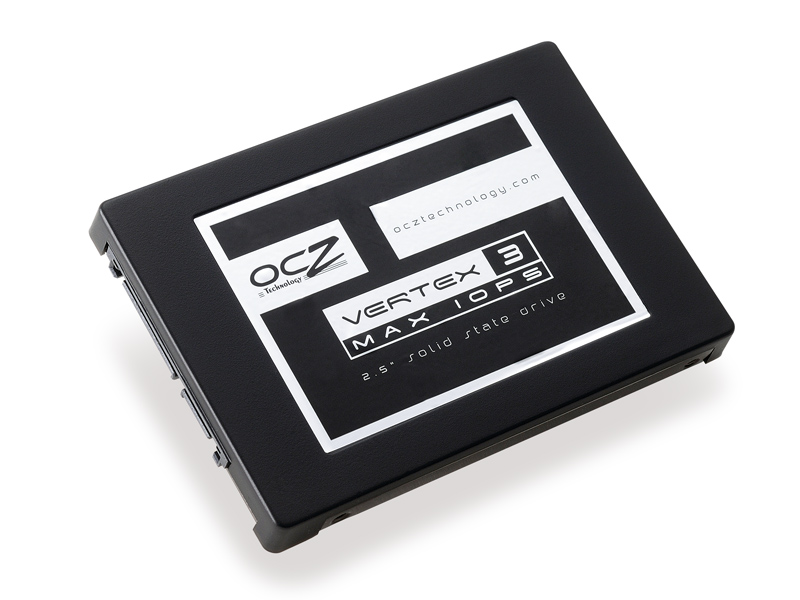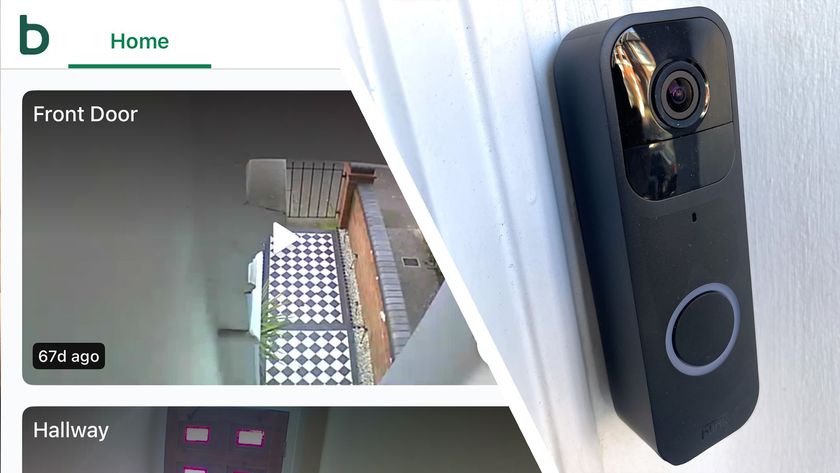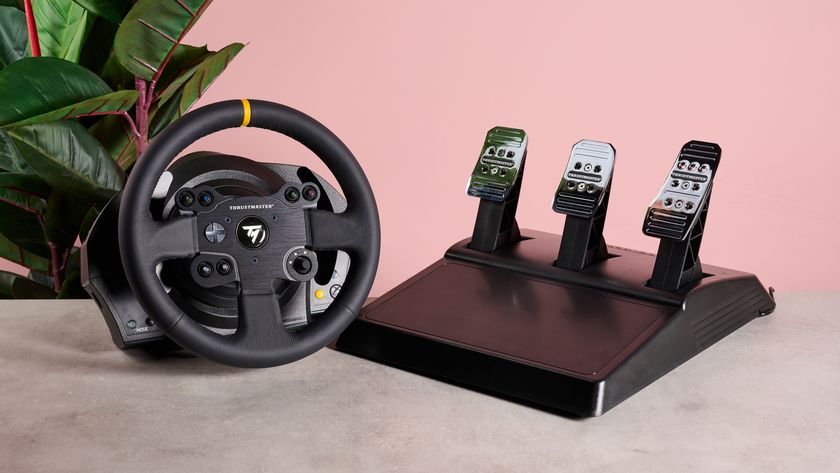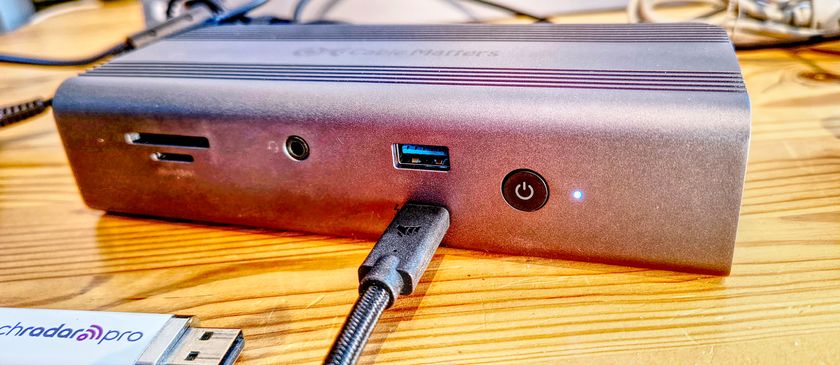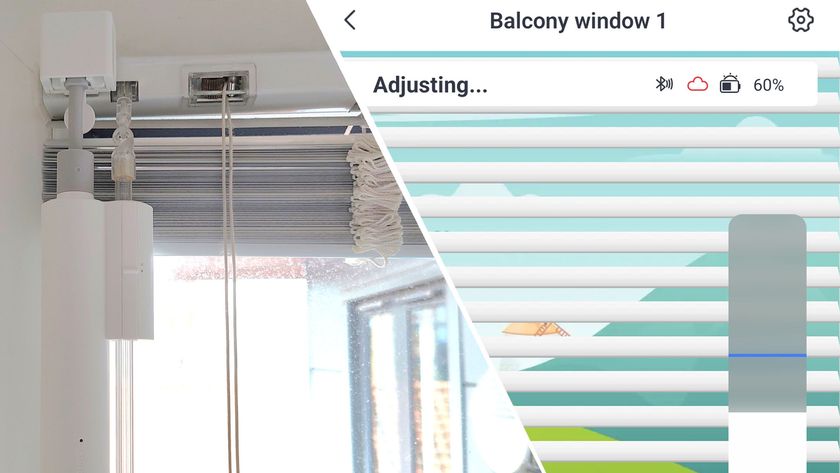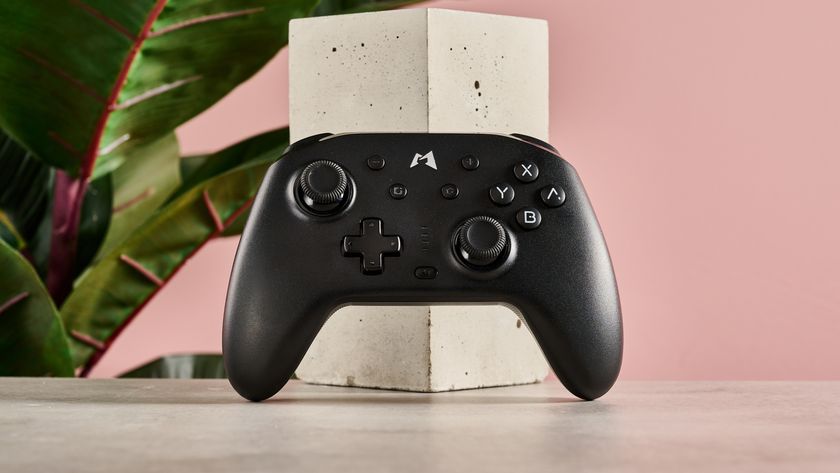TechRadar Verdict
Pros
- +
Strong incompressible performance
- +
Learned from Vertex 3 reliability issues
- +
More IOPS than original Vertex 3
Cons
- -
No real extra bang for your buck
Why you can trust TechRadar
We had plenty of good things to say about the Vertex 3 when it stormed onto the SSD market earlier this year. You only have to look at its read/write figures to see why. Quite simply, the Vertex 3 managed to harness the power of the Sandforce SF-2281 controller to the greatest extent.
Like any SF-2281 controlled SSD it did take time performing incompressible writes (write speeds reporting at less than half that of reads), but 4K random read performance and real-world tasks, such as Windows boot times had us singing high praise for the Vertex 3.
Benchmark figures and even observable desktop performance don't tell the whole story though. Along with other manufacturers who had issues with the latest SandForce controller, OCZ's Vertex 3 suffered from some reliability issues too. Mind you, OCZ estimates that only two thirds of a percent of Vertex 3s experienced reliability problems, specifically BSOD when running Windows 7, but any SSD bearing the marks of unreliability is going to be avoided.
After discovering some bizarre activities caused by a certain SATA command, OCZ and the controller's manufacturer SandForce released a firmware update that appears to have stamped out the issue. It slows down timings associated with that naughty SATA command, which means no more blue screens, but inevitably also slightly slower performance.
Now OCZ has resolved the problem, it's keen to build a dependable drive that gets near the vanilla Vertex 3's performances for everyone.
Architecturally, the only difference is in the type of NAND used: the Vertex 3 uses Intel 25nm NAND, whereas this new Max IOPS edition employs Toshiba (Toggle) 32nm NAND. The difference between the two comes down to the capacity on each NAND die leading to more chips for the 8 channel SF-2281 controller to access per cycle.
More IOPs please
The performance advantage here is interleaving. With more NAND channels to access, the controller can send more read requests per cycle, increasing IOPS (inputs/outputs per second).
Random 4K write IOPS increase nominally from the original Vertex 3's 60K IOPS to 65K. However, 4K random reads weigh in at 55K IOPS, significantly more than the original Vertex 3's 40K.
You're probably sick of large numbers and the acronym IOPS by now though, so what does it all mean? It means the Max IOPS deals with incompressible data better than its predecessor. Good. It doesn't match the Vertex 3's initial sequential performance. Fine. We doubt most users would notice the difference, and we're a lot more confident of the drive's reliability now.
TechRadar Labs

Sequential read/write (incompressible)
AS SSD: Megabytes per second: Bigger is better
Vertex 3 Max IOPS
Read: 506
Write: 234
Vertex 3
Read: 504
Write: 206
SSD 830
Read: 499
Write: 391
Random read/write (compressible)
AS SSD 4k: Megabytes per second: Bigger is better
Vertex 3 Max IOPS
Read: 18
Write: 42
Vertex 3
Read: 19
Write: 58
SSD 830
Read: 20
Write: 53
It's always difficult to measure reliability in an early review, but the fact OCZ is gearing design more for longevity than straight line performance is definitely encouraging.
For the extra cash you're spending on the new Max IOPs edition you don't really get a whole heap of extra speed, but the improvements to the incompressible performance and reliability could well be worth the extra outlay. A good choice for a reliable boot drive.
Follow TechRadar Reviews on Twitter: http://twitter.com/techradarreview

Ad creative by day, wandering mystic of 90s gaming folklore by moonlight, freelance contributor Phil started writing about games during the late Byzantine Empire era. Since then he’s picked up bylines for The Guardian, Rolling Stone, IGN, USA Today, Eurogamer, PC Gamer, VG247, Edge, Gazetta Dello Sport, Computerbild, Rock Paper Shotgun, Official PlayStation Magazine, Official Xbox Magaine, CVG, Games Master, TrustedReviews, Green Man Gaming, and a few others but he doesn’t want to bore you with too many. Won a GMA once.
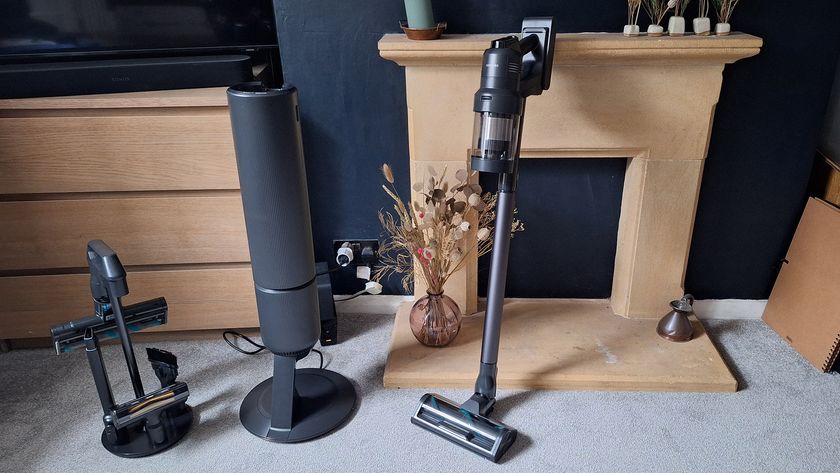
Testing Samsung's new AI-powered vacuum taught me that I don't really need my vac to be know the difference between every single surface
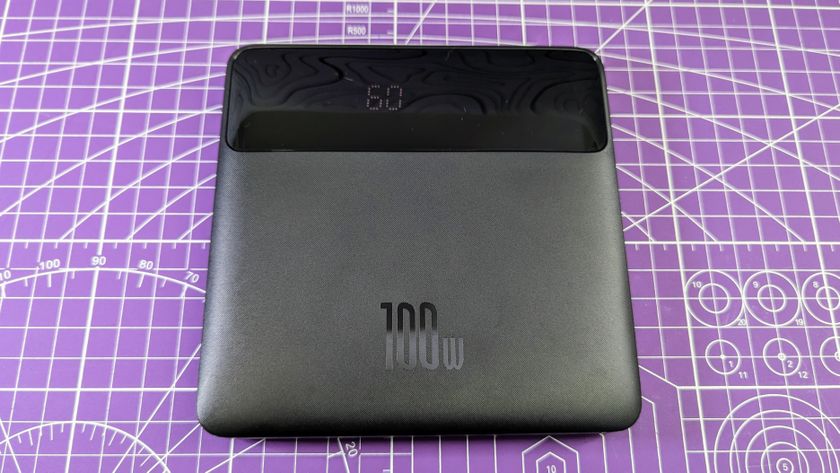
I’ve used a lot of power banks, but the Baseus Blade Pro is the only one slim enough for my laptop sleeve
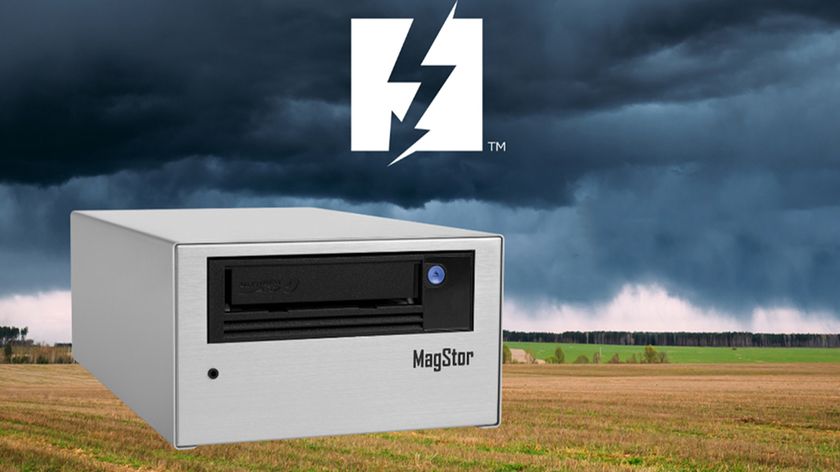
This is the world's first Thunderbolt 5 LTO tape drive and I can't understand why it exists in the first place
